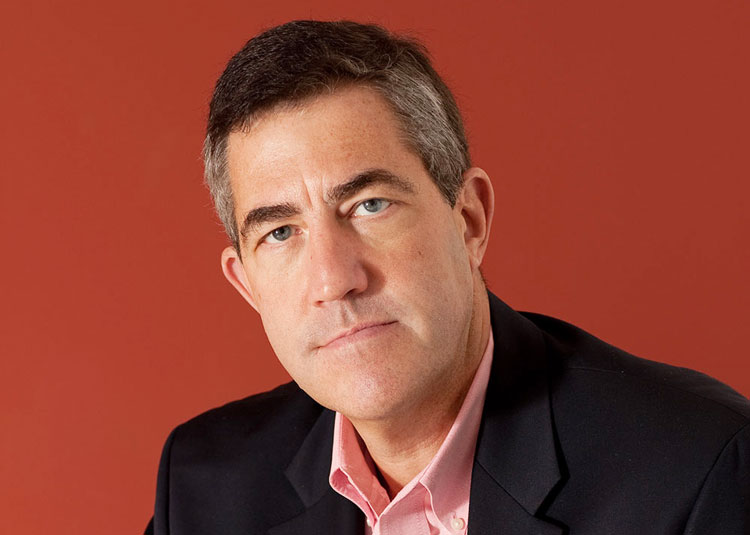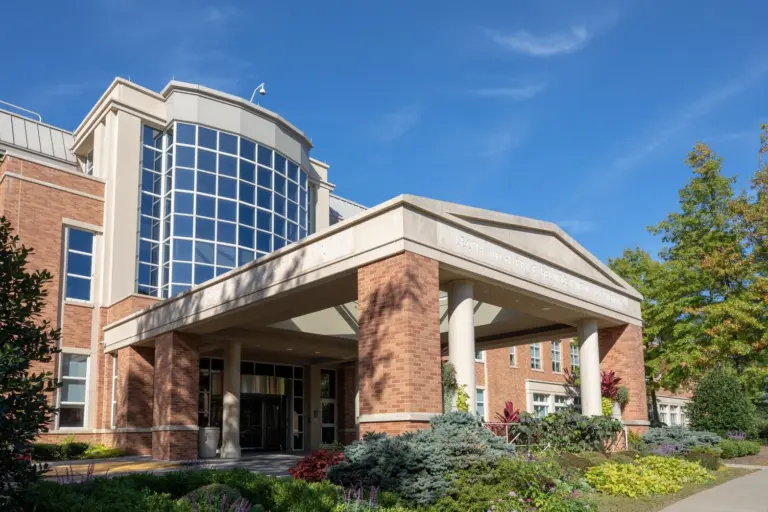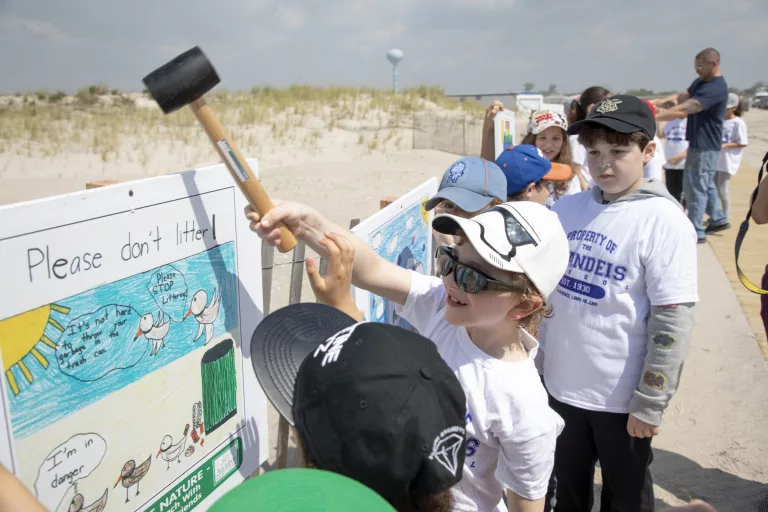
By Edward Dadakis
Sentinel Columnist
On May 9 the Representative Town Meeting gets its say on Greenwich’s 2016-17 fiscal year budget. They can’t increase spending, having only the power to reduce.
RTM members dedicate many hours to combing through the budget, asking questions of town officials, and gathering additional data, all to get a clearer budget understanding. Yet, in the end, the RTM rarely makes any changes and more rarely cuts anything significant. Perhaps that means that town leaders do an outstanding job on the budget—but many RTM members complain to me we spend too much, yet they offer no alternatives.
When it comes to capital spending, the RTM hasn’t reined in outlays for the most costly Greenwich projects, including the almost $50 million MISA project, the new police station and garage (dubbed the police palace by critics), or the exploding cost of the Hamilton Avenue School reconstruction, made more difficult by some RTM members’ insistence on preserving part of the original facade. There appears to be little RTM appetite to contain the cost of the $12 million Byram pool project, either.
But maybe, just maybe, this year will be different. The RTM convenes under the spectre of a state in serious financial turmoil. After two massive state tax increases, much of them hitting Greenwich citizens hard, Governor Dannel Malloy is now cutting the limited state funds that Greenwich and those other, much-hated by Hartford, so-called “rich” municipalities receive. Of course, it’s not the state’s money; rather, the state takes those funds in the form of taxes, mostly from the taxpayers of the very municipalities most affected by the cuts.
Malloy wants to cut 100 percent—yes, 100 percent—of Greenwich’s education cost sharing grants, about $3.5 million. It’s not an enormous figure compared to a $565 million total budget, but Greenwich taxpayers provide significantly more state taxes than any other Connecticut town.
School and budget officials should absorb the loss of this grant within their existing structure to prevent taxpayer impact or a mill rate increase. Each year, Havemeyer returns funds, so this is achievable. I would focus any needed cut directly on teachers and administrators, most of whom enthusiastically espouse the liberal orthodoxy adopted by Malloy and state Democrats that has chased taxpayers from our state and caused this financial crisis. Shouldn’t they be impacted by that failed philosophy?
Our state representatives should insist that without state education sharing grants, all unfunded state mandates be waived. No state money, then no state say on how we operate.
Malloy’s cuts could impact the New Lebanon School project. Its $37 million price tag is expensive, but 80 percent is to be paid by the state because the project’s goal is to improve their racial balancing metrics. RTM members should be skeptical of approving this project until the state unambiguously commits to those funds being available.
Another project worthy of RTM skepticism is the Northwest Greenwich Fire Station. It’s a two-part commitment: the land and construction first, and then the very expensive cost of staffing a new firehouse.
This year the BET has only approved, and the RTM will only consider, the land purchase. Taxpayers already spent $1,275,000 on land for this project in 2004, but, oops, town officials made a mistake and it wasn’t right for our needs. So here we go again. I wonder how big a loss the taxpayer will take when the land is sold.
The purpose of the new station is to reduce response time. Yet locating it along the New York state border, on King Street, reduces the benefit Greenwich citizens receive. Much of the useful service area falls into New York, not Greenwich. A better-located station would provide a much greater benefit to the townspeople.
More important, can we achieve the goal without the expense of staffing an additional fire station? Moving the Glenville Station up Riversville Road to about the Boy Scout Reservation would provide strong coverage north and south as well as east to west, and save taxpayers the personnel costs of staffing another firehouse.
There are certainly many other areas of the budget, both operating and capital, that warrant the RTM’s attention. The budget is a collaborative process. Let’s see if the RTM actually influences that process or just watches it go by.
Edward Dadakis, a lifelong Greenwich resident, has served more then 35 years on the RTM, having been first elected as one of its youngest members. He is a former chairman of the Greenwich Republican Party and currently represents our 36th Senatorial District on the Connecticut Republican State Central Committee.





